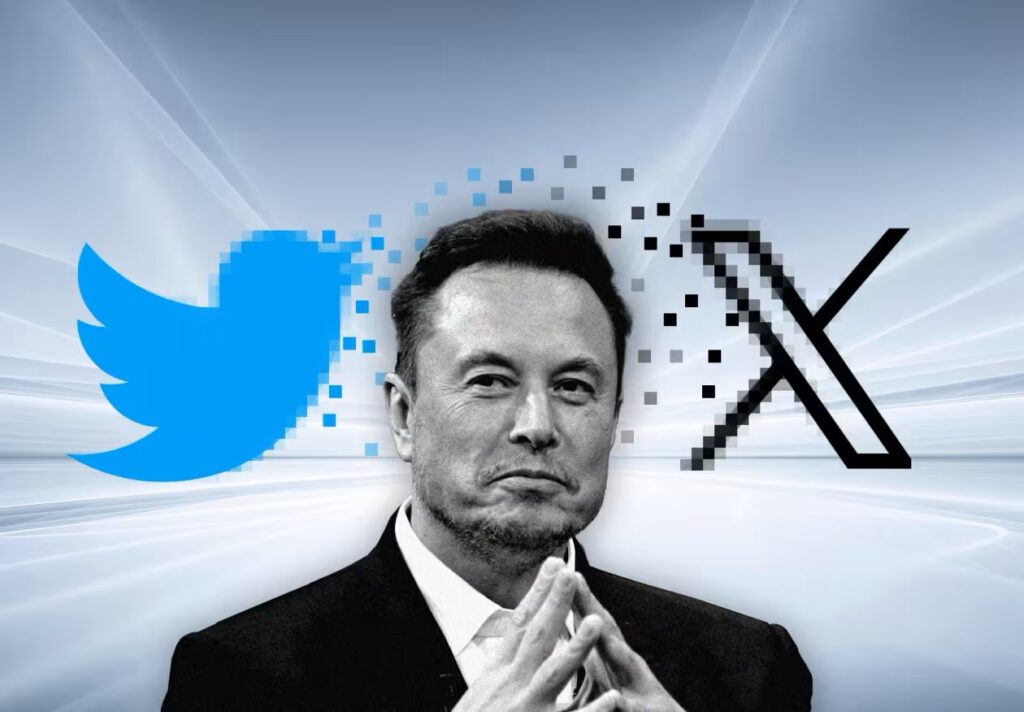Elon Musk's AI video generator, Grok Imagine, has come under fire for allegedly creating explicit clips of pop star Taylor Swift without any prompting from users. Clare McGlynn, a Durham University law professor, stated that this was not an accidental occurrence of misogyny but rather a "deliberate choice" made by the technology. McGlynn has been involved in drafting a law aimed at criminalizing non-consensual pornographic deepfakes.
According to a report by The Verge, Grok Imagine's "spicy" mode produced fully uncensored topless videos of Swift without user prompts. The report further pointed out that the platform lacked proper age verification methods, despite laws introduced in July requiring such measures for explicit content.
In defense of the technology and its acceptable use policy, XAI—the company behind Grok—has yet to comment on the accusation that it allows misogynistic biases to flourish through its AI.
This incident is not an isolated occurrence. In January 2024, sexually explicit deepfakes of Swift circulated widely on platforms like X and Telegram, garnering millions of views. Deepfakes involve computer-generated images where one person's face is swapped with another's, creating realistic but entirely fabricated scenarios.
A test conducted by The Verge's Jess Weatherbed revealed that selecting the "spicy" option for a prompt featuring Swift resulted in shocking outcomes. "Grok generated animation where she ripped off her dress, being completely uncensored and exposed,” Weatherbed reported.
Ofcom, the UK media regulator, noted that platforms capable of generating explicit material under generative AI tools are regulated under recent laws designed to protect children from online risks.
While UK legislation prohibits the creation of pornographic deepfakes depicting children or used as revenge porn, there have been calls for broader laws against all non-consensual deepfakes. Baroness Owen, who proposed amendments in the House of Lords, emphasized the need for strict regulation to protect women's rights.
Despite these legislative efforts, the implementation of amendments that would make it illegal to generate non-consensual deepfakes has yet to be finalized. The Ministry of Justice has expressed a commitment to banning such practices, denouncing the creation of sexually explicit deepfakes as degrading and harmful.
In response to the previous incident involving Swift's likeness, X temporarily blocked searches for her name while stating that it was actively working to remove the offending material. The Verge team chose Swift for their Grok Imagine test due to her prior challenges with deepfake images, incorrectly assuming that safeguards would have been established to prevent further misuse.
Taylor Swift's representatives have been contacted for comment as calls for accountability in the face of AI-generated abuses continue to intensify.
According to a report by The Verge, Grok Imagine's "spicy" mode produced fully uncensored topless videos of Swift without user prompts. The report further pointed out that the platform lacked proper age verification methods, despite laws introduced in July requiring such measures for explicit content.
In defense of the technology and its acceptable use policy, XAI—the company behind Grok—has yet to comment on the accusation that it allows misogynistic biases to flourish through its AI.
This incident is not an isolated occurrence. In January 2024, sexually explicit deepfakes of Swift circulated widely on platforms like X and Telegram, garnering millions of views. Deepfakes involve computer-generated images where one person's face is swapped with another's, creating realistic but entirely fabricated scenarios.
A test conducted by The Verge's Jess Weatherbed revealed that selecting the "spicy" option for a prompt featuring Swift resulted in shocking outcomes. "Grok generated animation where she ripped off her dress, being completely uncensored and exposed,” Weatherbed reported.
Ofcom, the UK media regulator, noted that platforms capable of generating explicit material under generative AI tools are regulated under recent laws designed to protect children from online risks.
While UK legislation prohibits the creation of pornographic deepfakes depicting children or used as revenge porn, there have been calls for broader laws against all non-consensual deepfakes. Baroness Owen, who proposed amendments in the House of Lords, emphasized the need for strict regulation to protect women's rights.
Despite these legislative efforts, the implementation of amendments that would make it illegal to generate non-consensual deepfakes has yet to be finalized. The Ministry of Justice has expressed a commitment to banning such practices, denouncing the creation of sexually explicit deepfakes as degrading and harmful.
In response to the previous incident involving Swift's likeness, X temporarily blocked searches for her name while stating that it was actively working to remove the offending material. The Verge team chose Swift for their Grok Imagine test due to her prior challenges with deepfake images, incorrectly assuming that safeguards would have been established to prevent further misuse.
Taylor Swift's representatives have been contacted for comment as calls for accountability in the face of AI-generated abuses continue to intensify.

















